By: Craig Peters
The 1969 Vikings won the final NFL Championship Game and advanced to play the Kansas City Chiefs in Super Bowl IV 50 years ago this month. Members of that team reunited this past fall…
Lonnie Warwick saw "Captain" Jim Marshall and accelerated.
The linebacker wrapped an arm — that formally and legally clotheslined opponents who dared to go across the middle of the field — around the defensive end.

"I love you," Warwick's voice rose about the jovial chatter as Marshall sat at the head of a table in Twin Cities Orthopedics Performance Center.
Teammates and coaches from the 1969 NFL Champions gathered during Vikings Legends Weekend to celebrate the 50th anniversary of the squad that claimed the franchise's first victories in postseason games and advanced to Super Bowl IV. The festivities occurred during Week 3 and overlapped with Fantennial Weekend, a celebration of the NFL's 100th season.
Members of the 1969 Team were hosted at TCO Performance Center for an intimate dinner and public Chalk Talk discussion led by retired WCCO sports anchor Mark Rosen. Vikings General Manager Rick Spielman and Vikings Chief Operating Officer Andrew Miller welcomed the Legends and their guests.
Vikings Ring of Honor Coaches Bud Grant and Jerry Burns opened the Chalk Talk. Sessions with Gene Washington, Ed White, Clinton Jones and Dave Osborn; Bob Lee, John Beasley and Bob Grim; Joe Kapp, John Henderson and Kent Kramer; Bobby Bryant, Paul Krause, Warwick and Dale Hackbart; Carl Eller, Marshall, Gary Larsen and Steve Smith followed.
View images from the Vikings 1969 Legends Weekend at the TCO Performance Center.














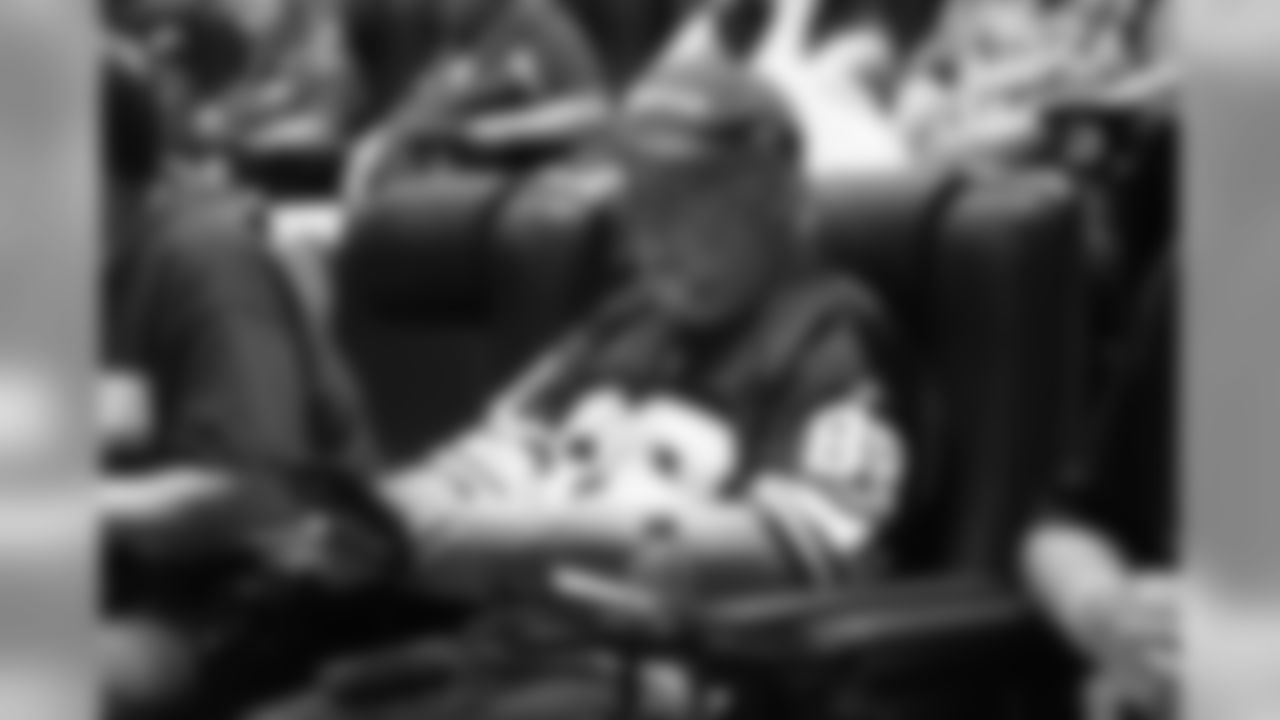
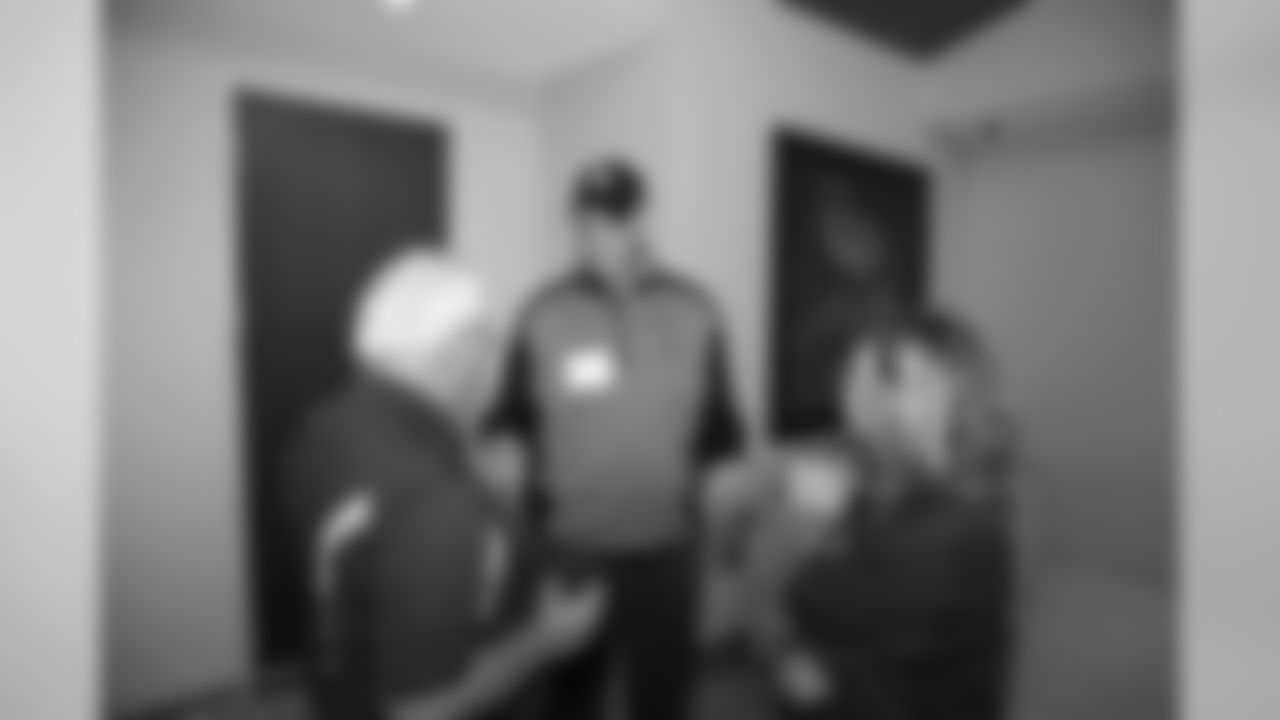




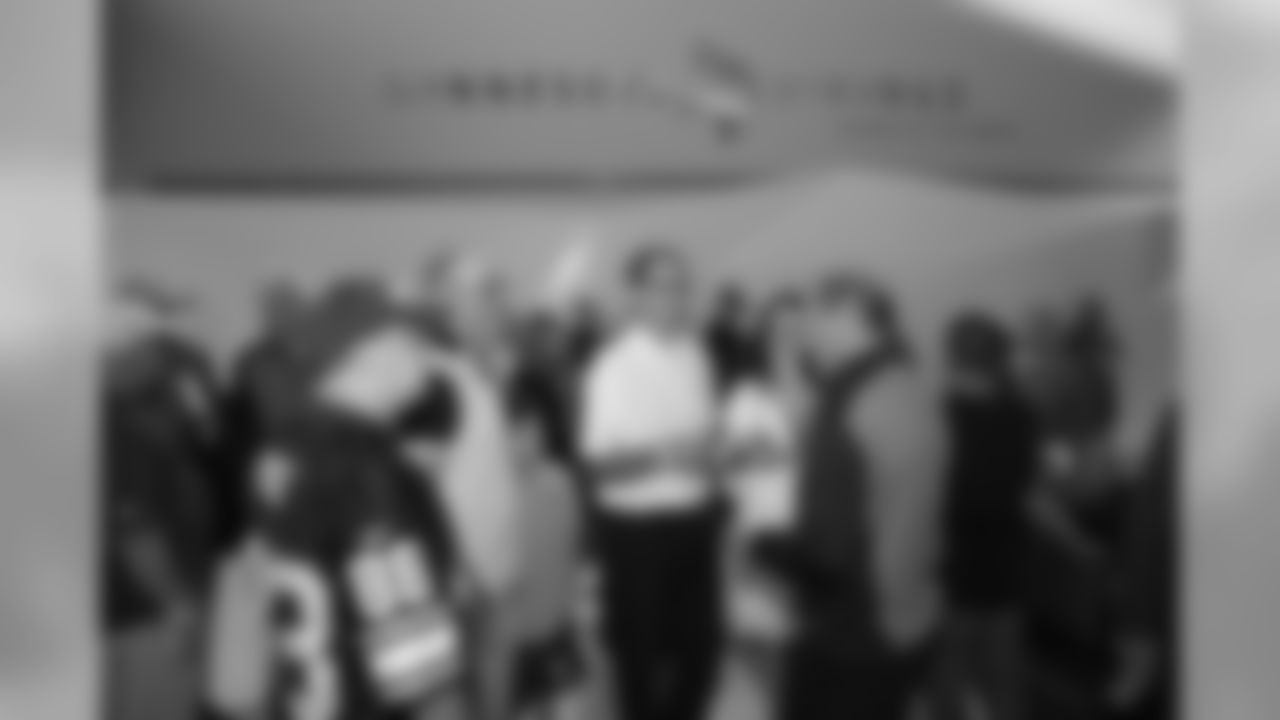





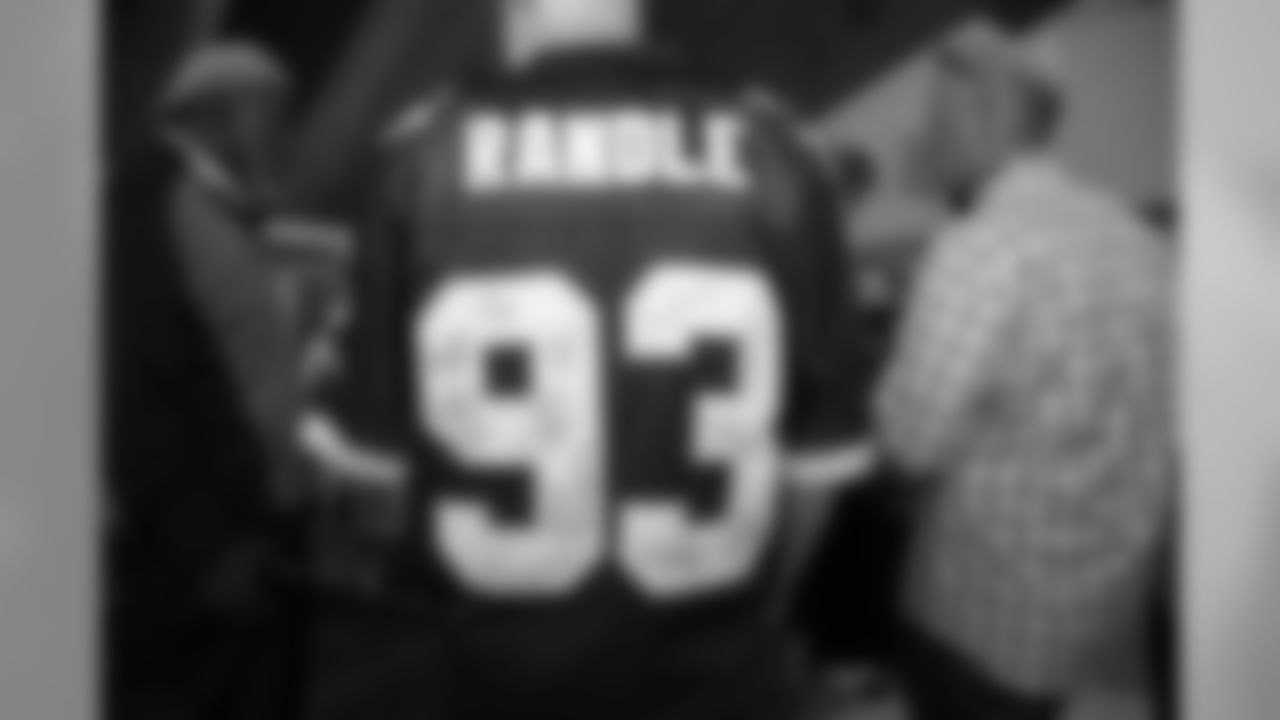


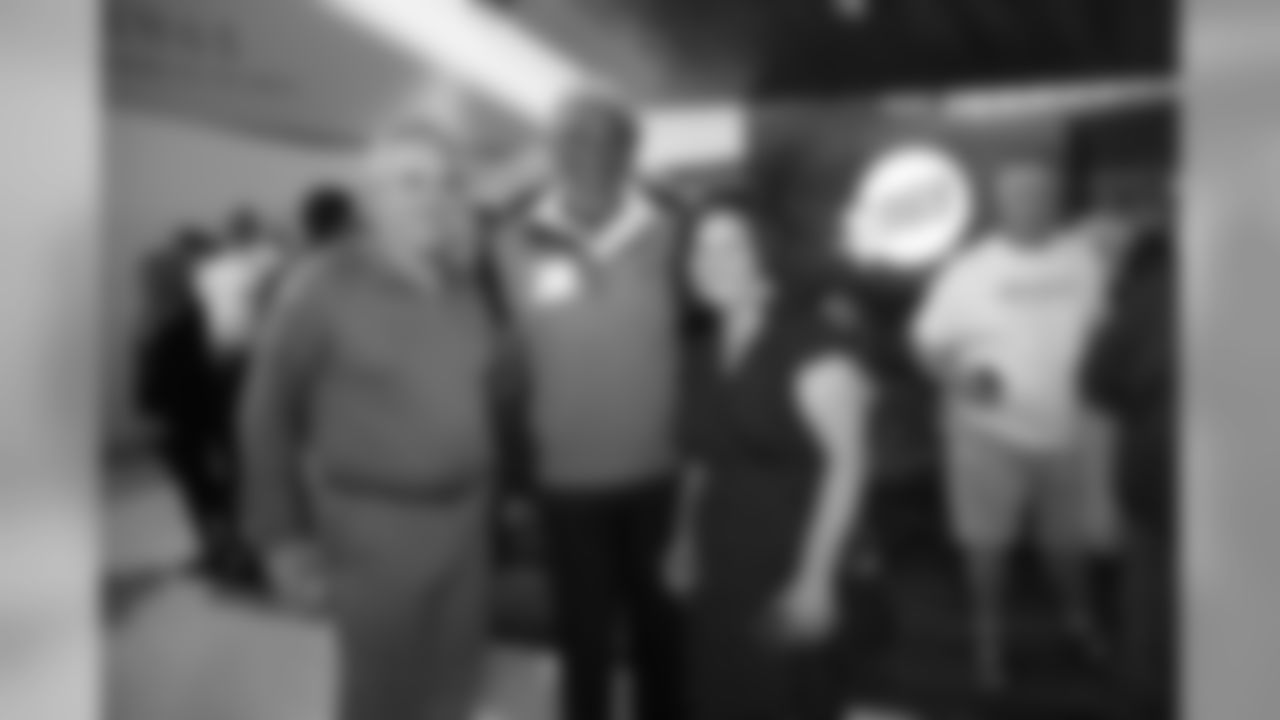

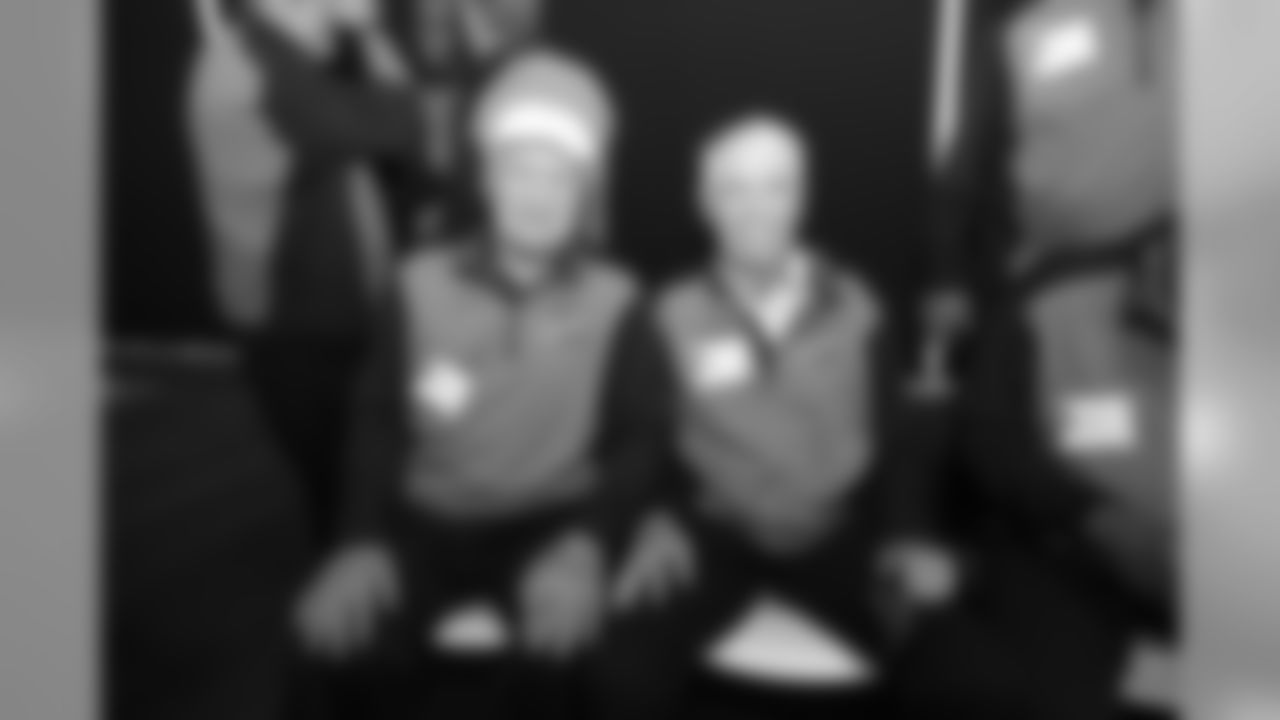

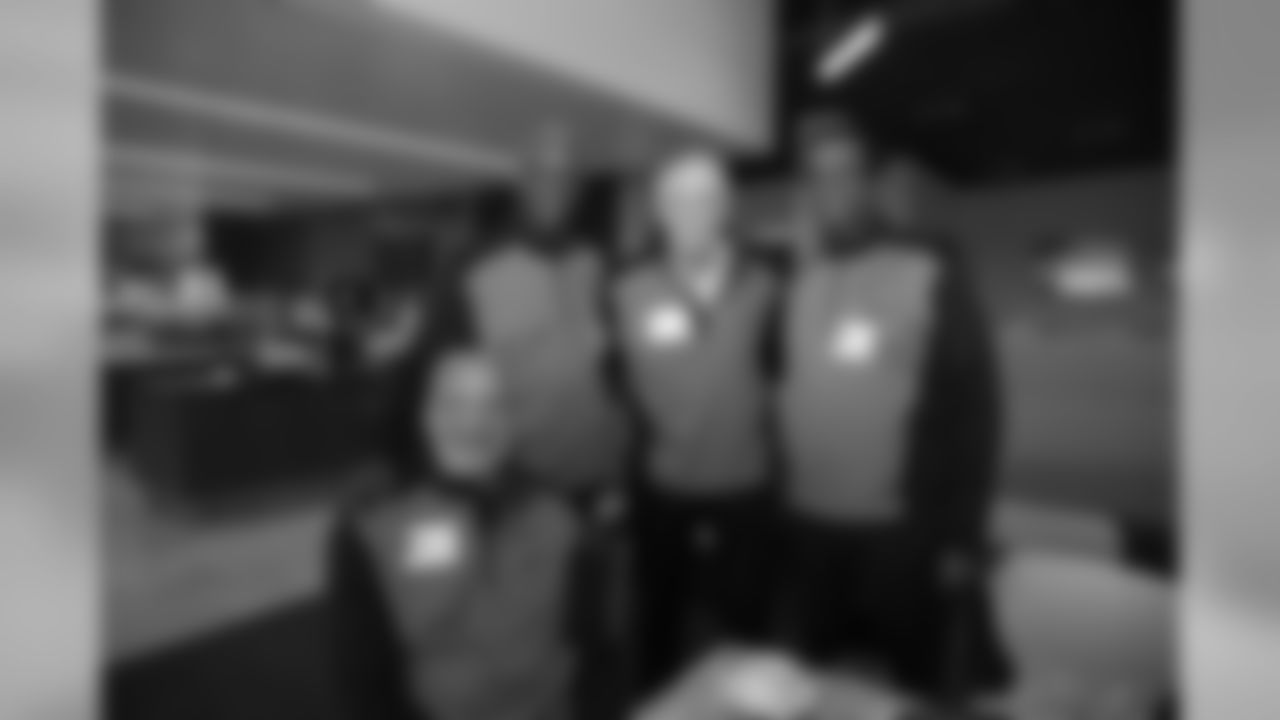

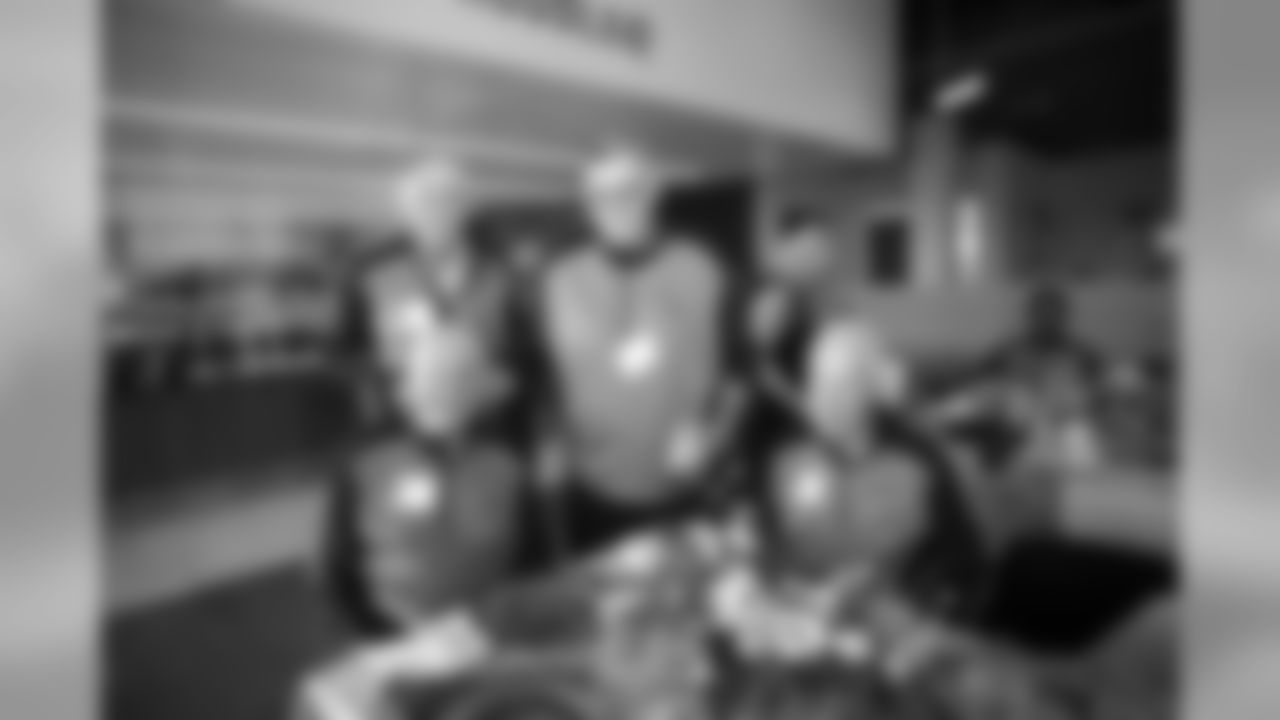
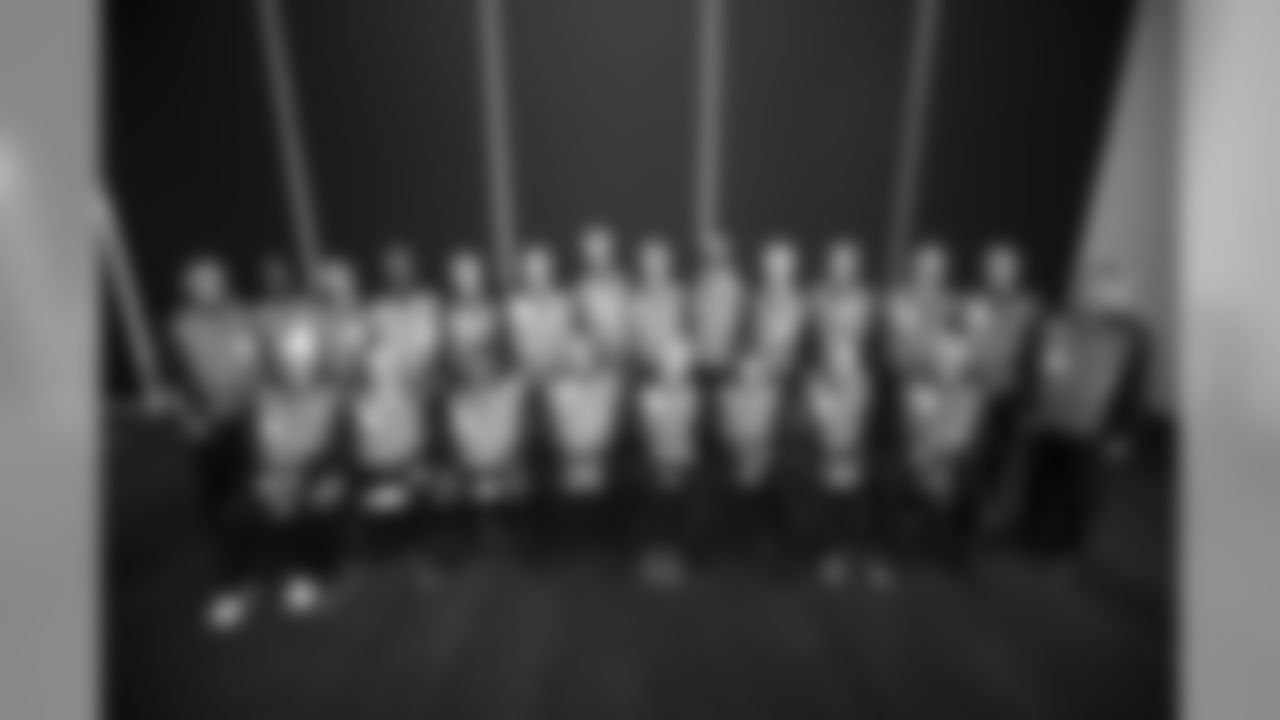
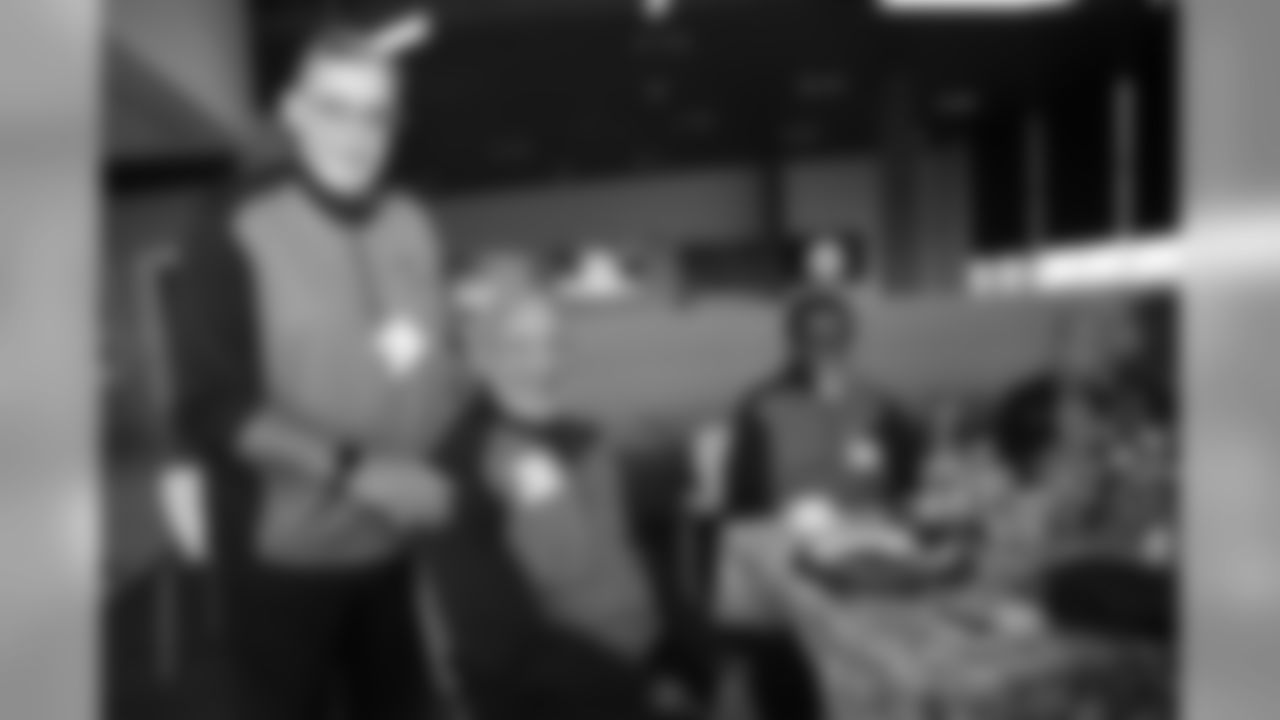




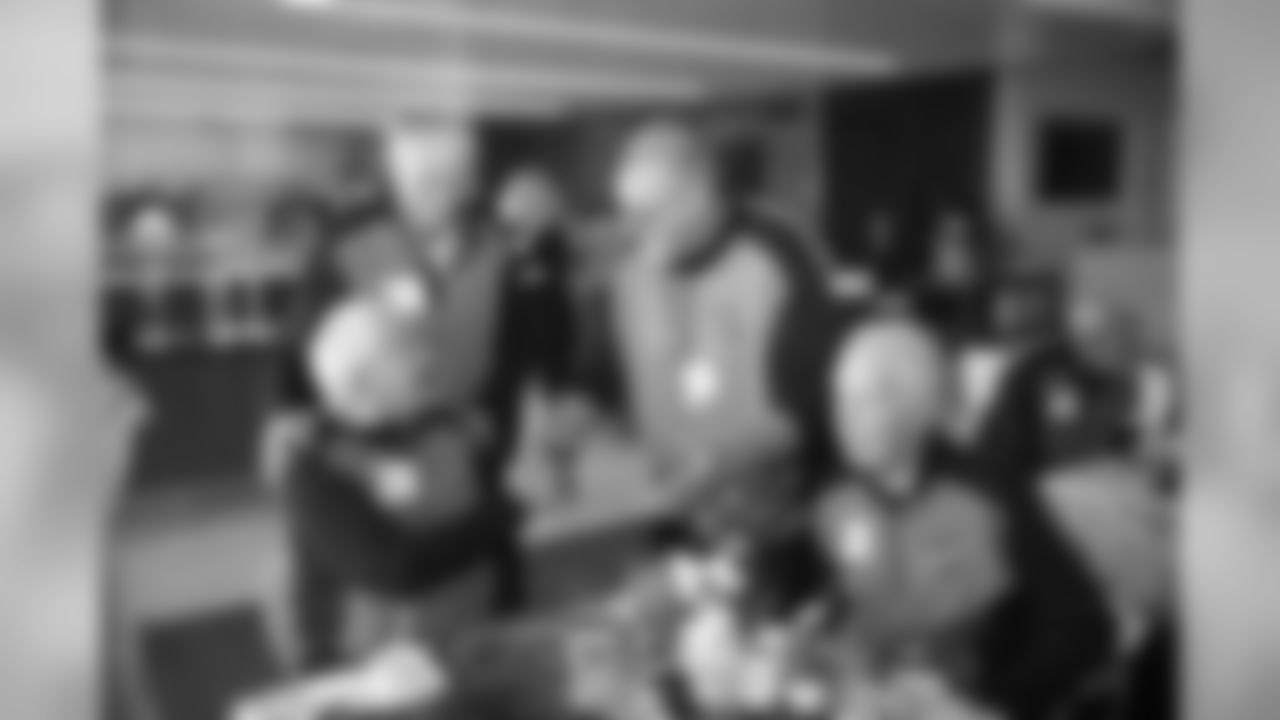







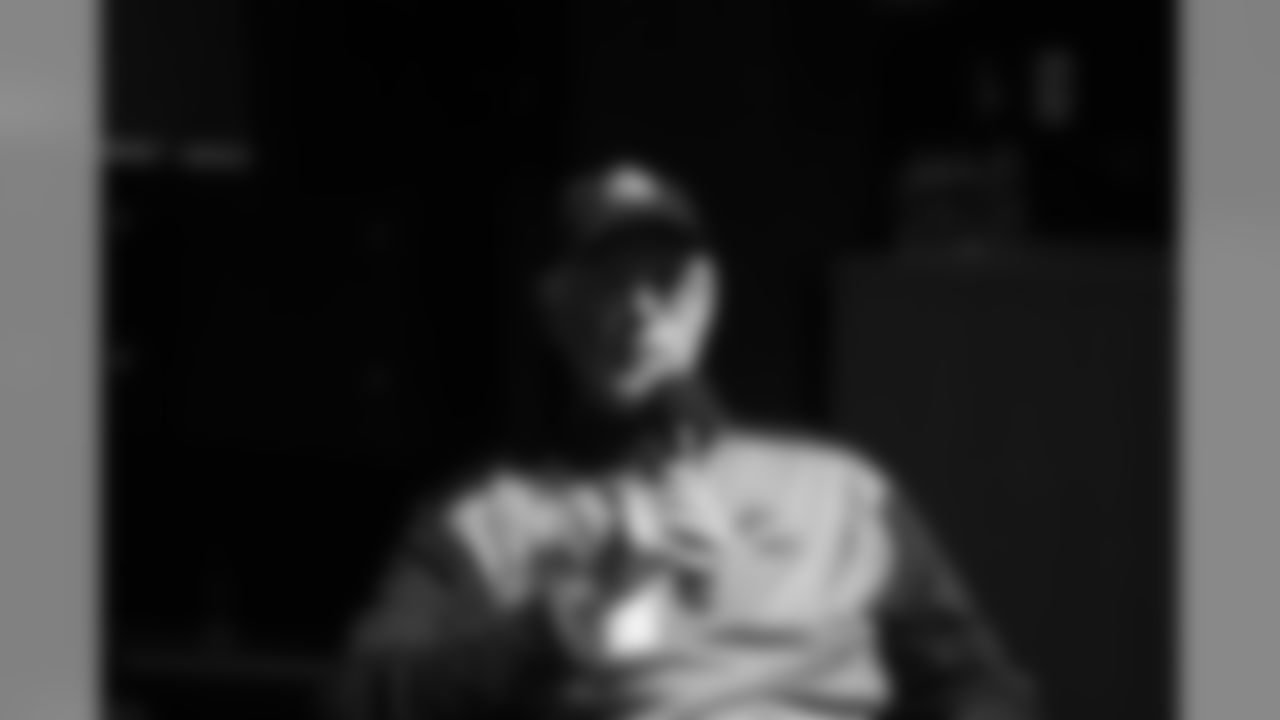

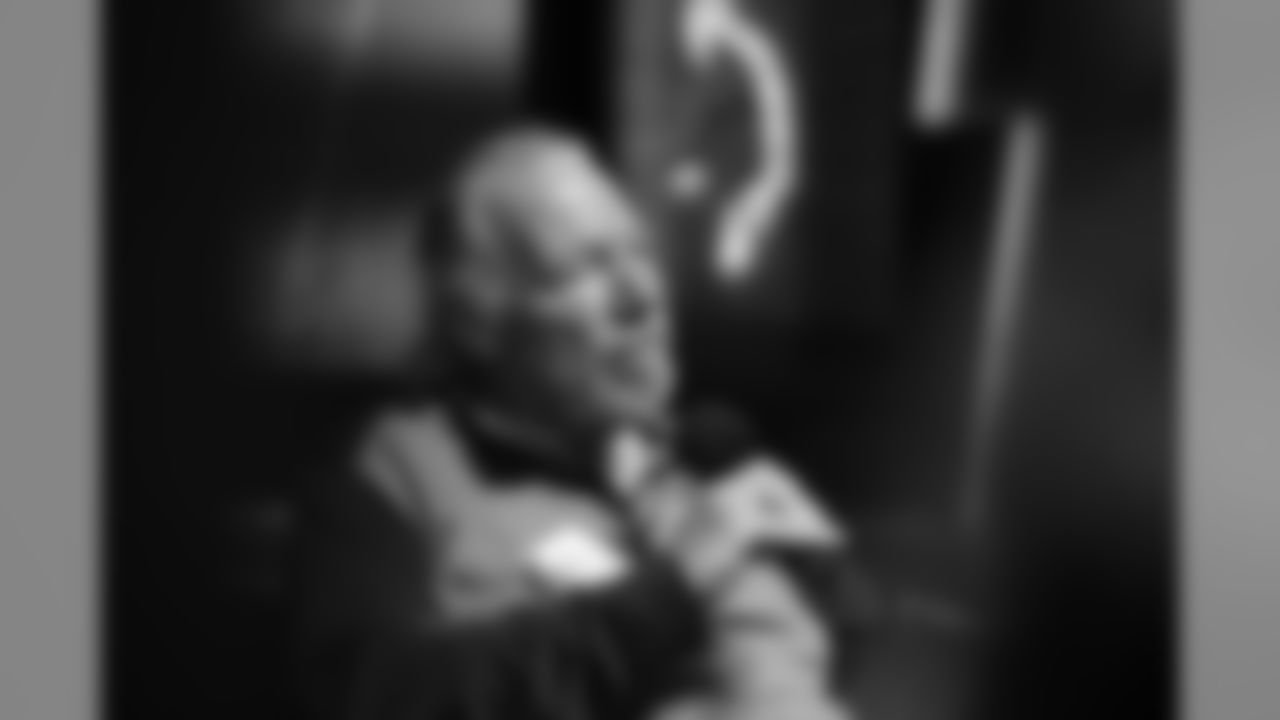



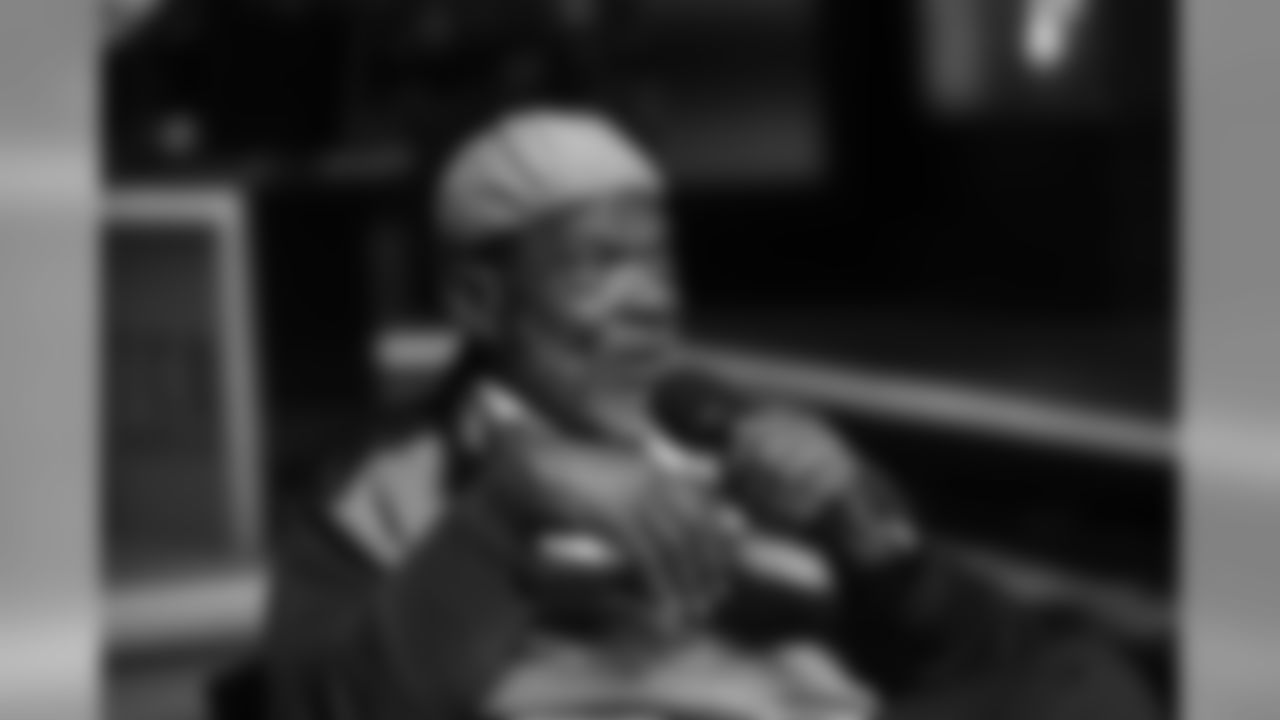
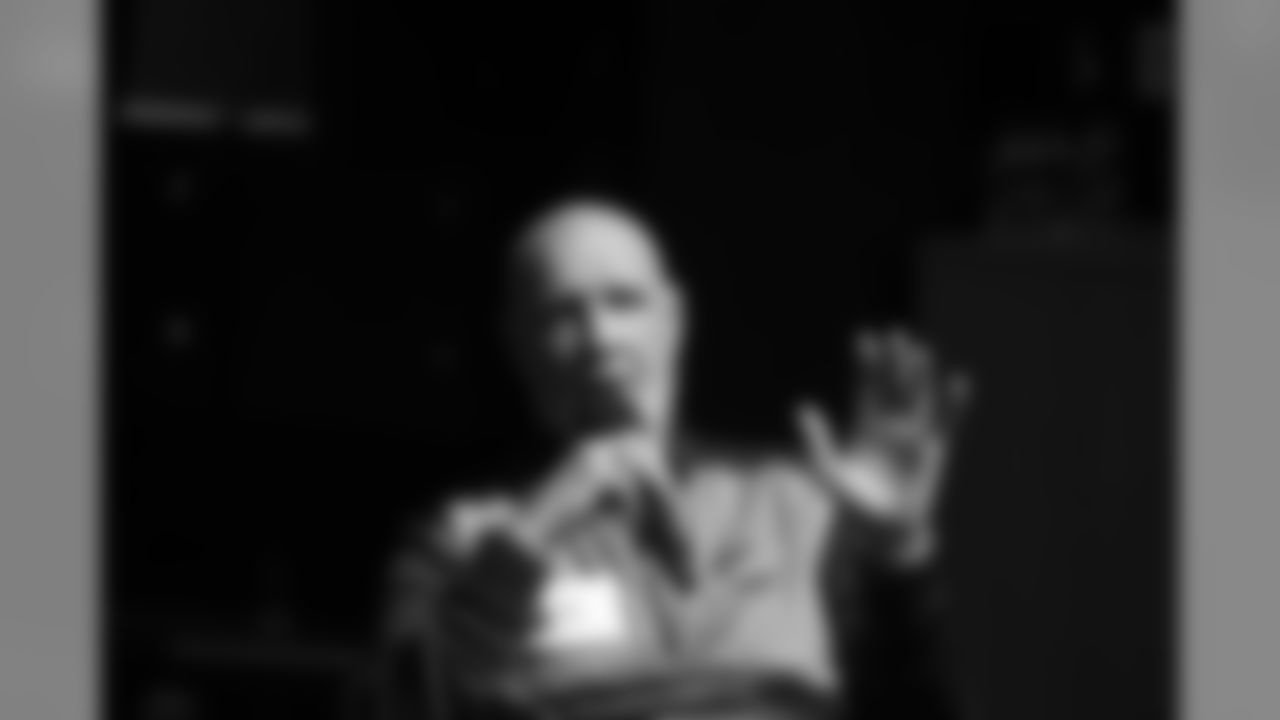




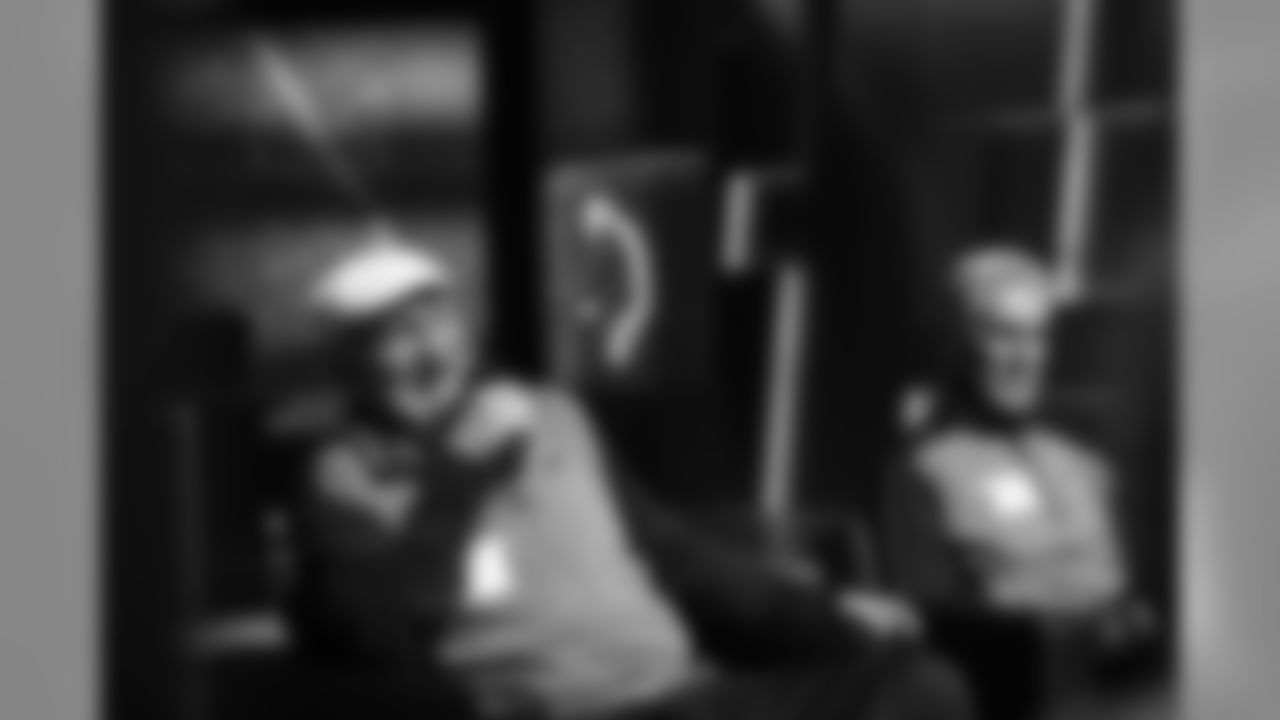


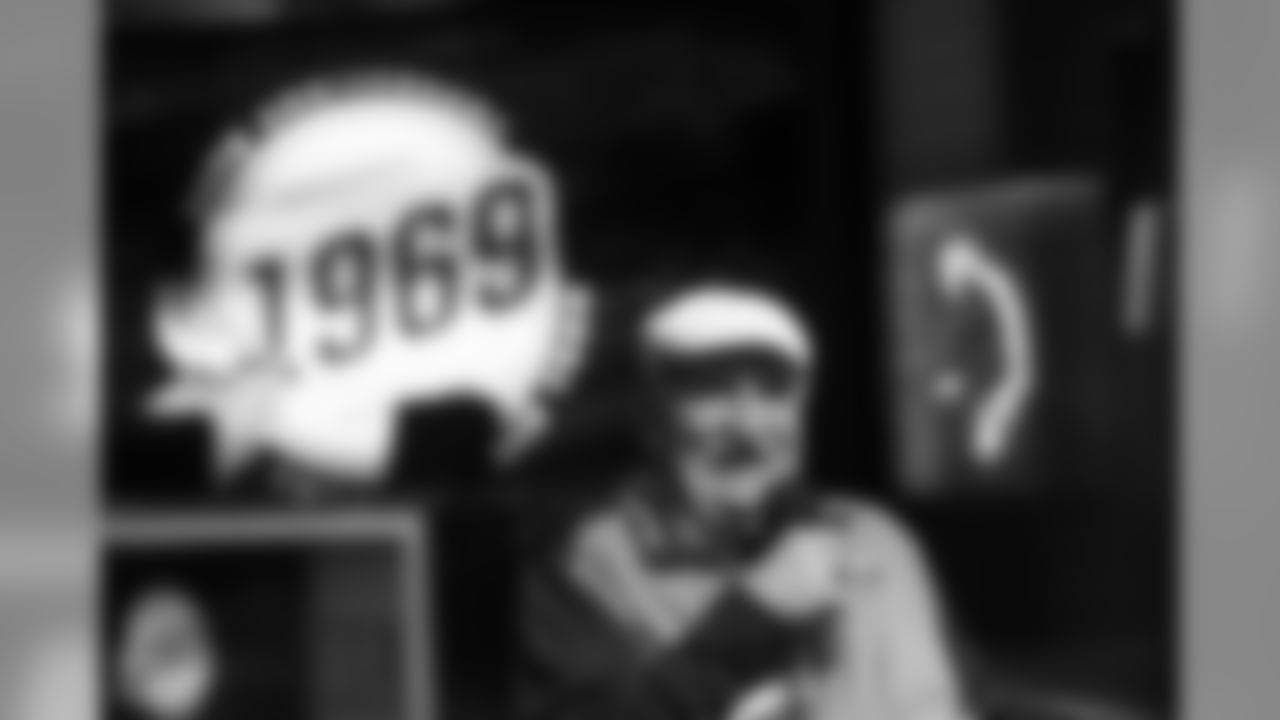
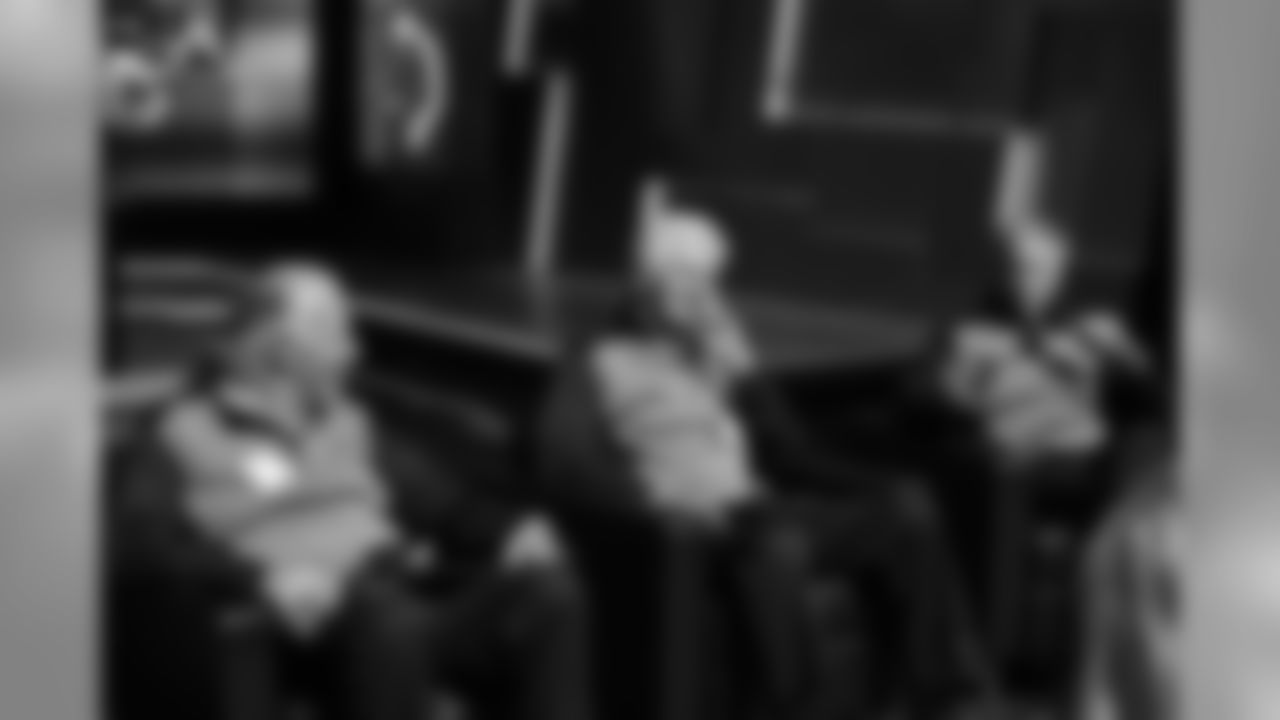
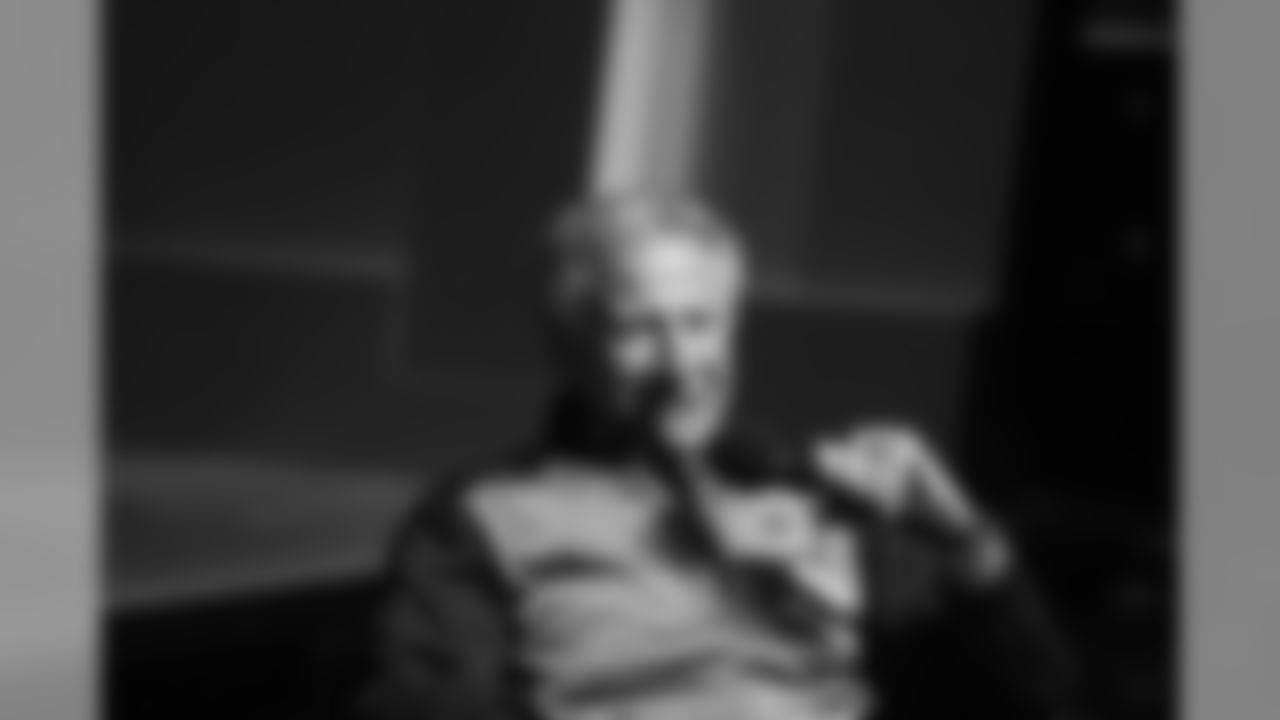

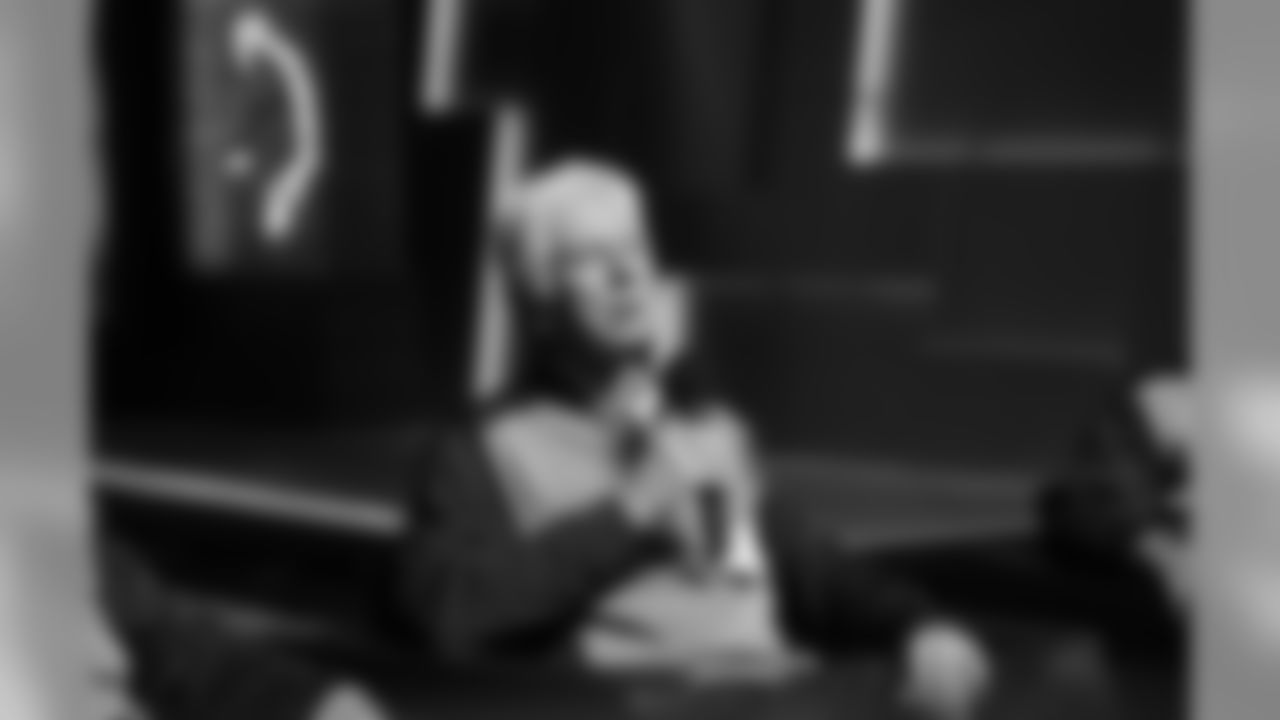


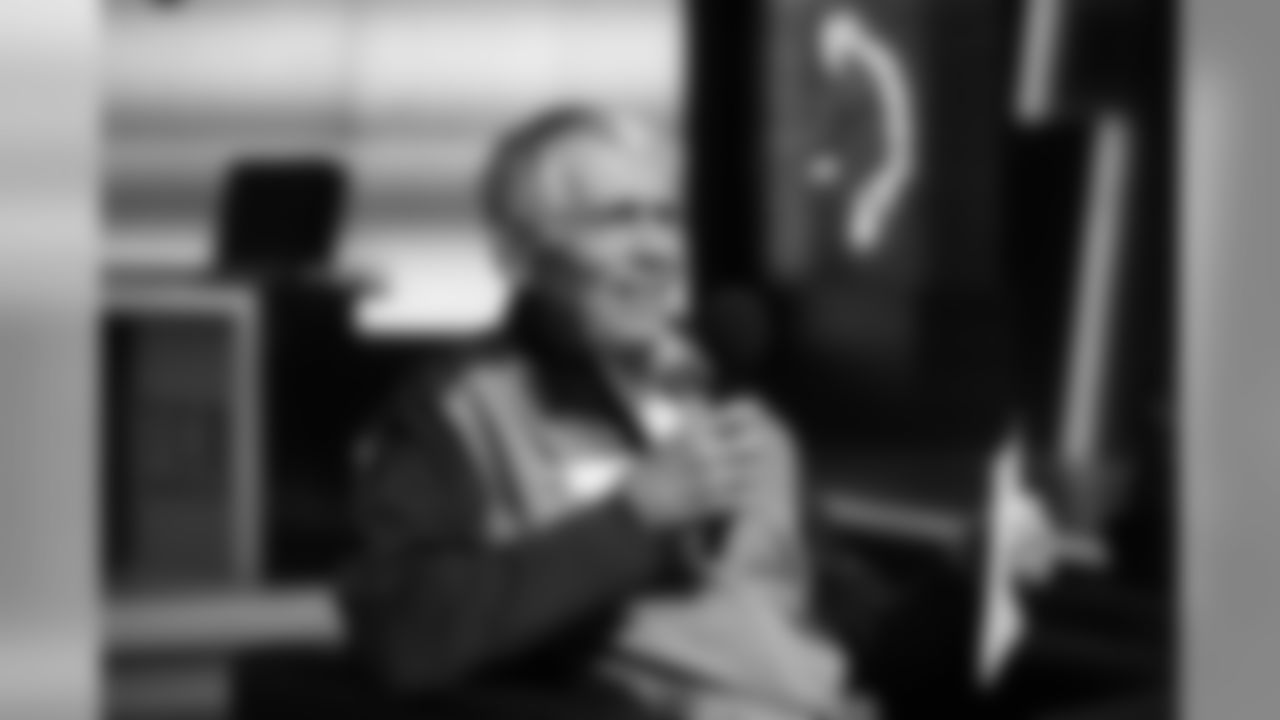





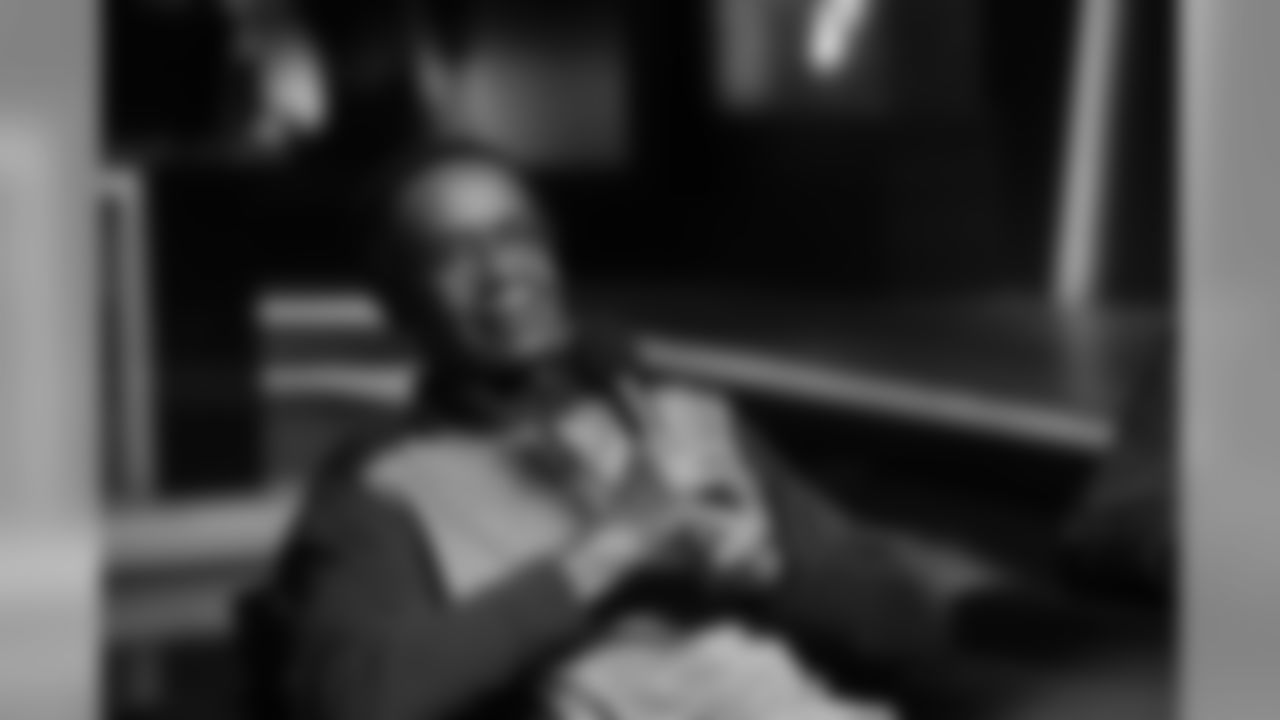













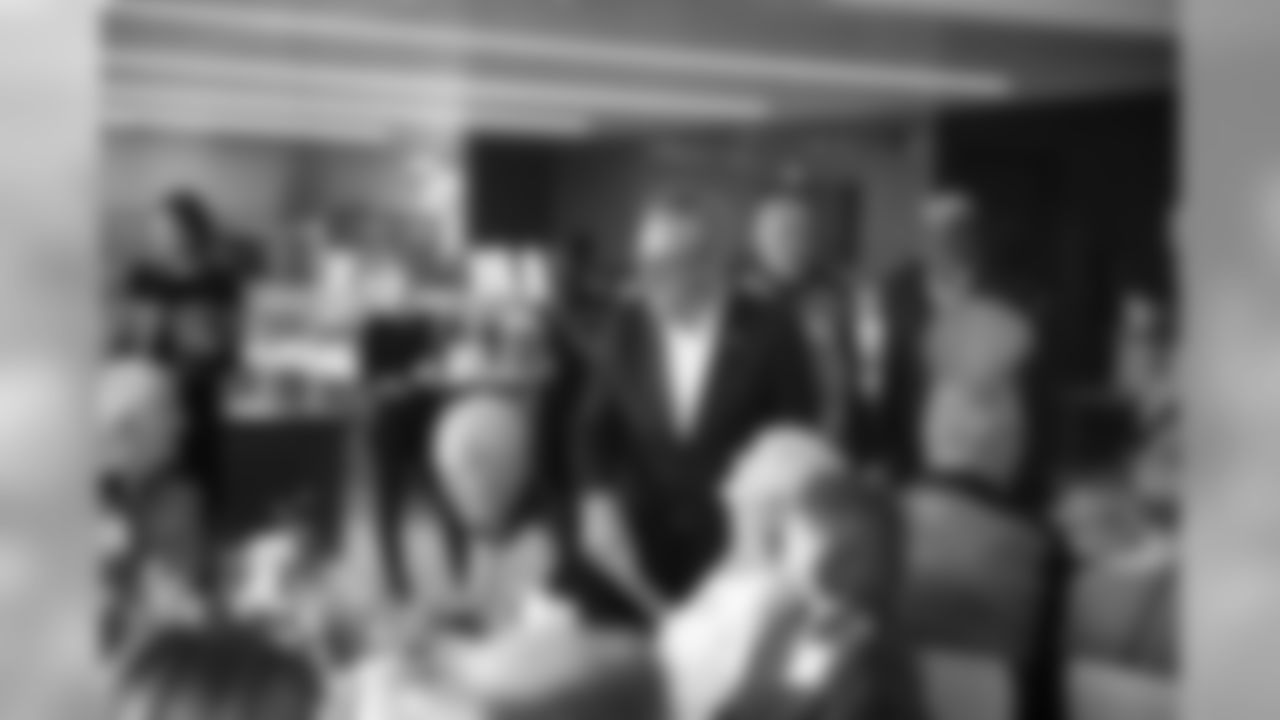

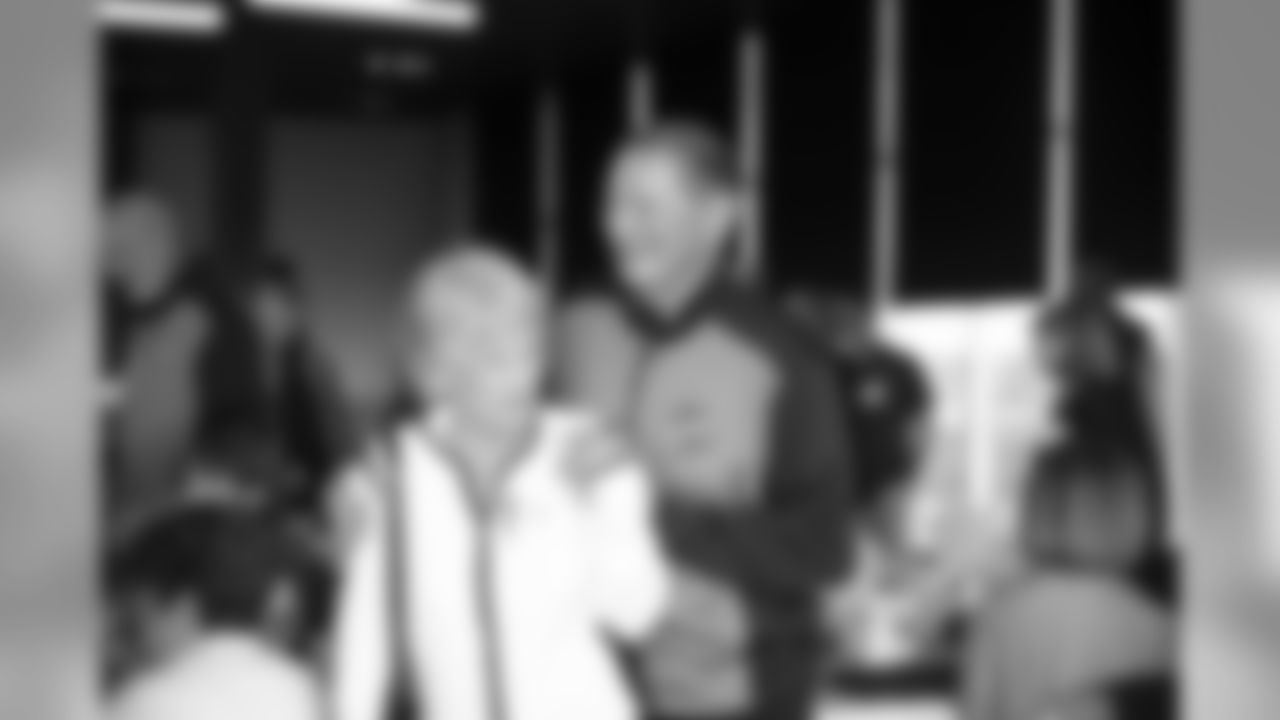

"Oh, great memories," Marshall said after the event. "Anytime you see old teammates, they all look old. That's a joke that they'll appreciate because I'm the oldest."
Grant summed up the essence of an evening filled with emotions.
"I've said this many times, if you've got good memories, you can entertain yourself, and we've got a lot of good memories," Grant said. "We've been entertaining ourselves since 1969."
And entertaining others — from the fans that filled Metropolitan Stadium in all types of weather to those who gathered in September for an anniversary trip through Vikings history with players and coaches that helped create it.
"It's just a thrill to get all of us back together again and to see how we've all grayed," Marshall said. "We had a love affair with each other. We knew what we wanted to accomplish, and we went out and challenged each other."
Marshall 1969
Gone but not forgotten were the cold, metal folding chairs that players once huddled around a chalkboard and film projector for in-week meetings in the depths of Midway Stadium. They've been replaced by thick-cushioned theater seats with armrests, writing surfaces and cupholders, and a video screen that drops from the ceiling and displays content from a computer.
Side note: The Jan. 4, 1970, edition of the Minneapolis Tribune reported on the morning of the 1969 NFL Championship that a five-ton computer message board would provide "instant analysis." The computer journeyed 25,000 miles during the 1969 season and made the trip to New Orleans for Super Bowl IV.
Accomplishments
"This team, in that year, was as good of a team that we had with the Vikings," Grant said.
How good?
The Vikings…
… won a dozen consecutive games after a 1-point loss at the New York Giants and finished a league-best 12-2. The only other loss (10-3) swung on a defensive touchdown in sloppy weather in Atlanta. In between, the Vikings scored 50-plus points thrice and recorded the first two shutouts in team history (31-0 at Chicago and 27-0 at Detroit on Thanksgiving).
… set a record for fewest points allowed (133) in a 14-game schedule. The record lasted until 1977 when Atlanta limited foes to 129 on the season.
… led the NFL in yards allowed (2,720), cutting in half the 5,593 yards allowed in 1961.
… did not allow a touchdown in the first quarter of any game (two field goals were all that 14 opponents totaled in opening periods).
… forced 47 turnovers (30 interceptions and 17 fumble recoveries).
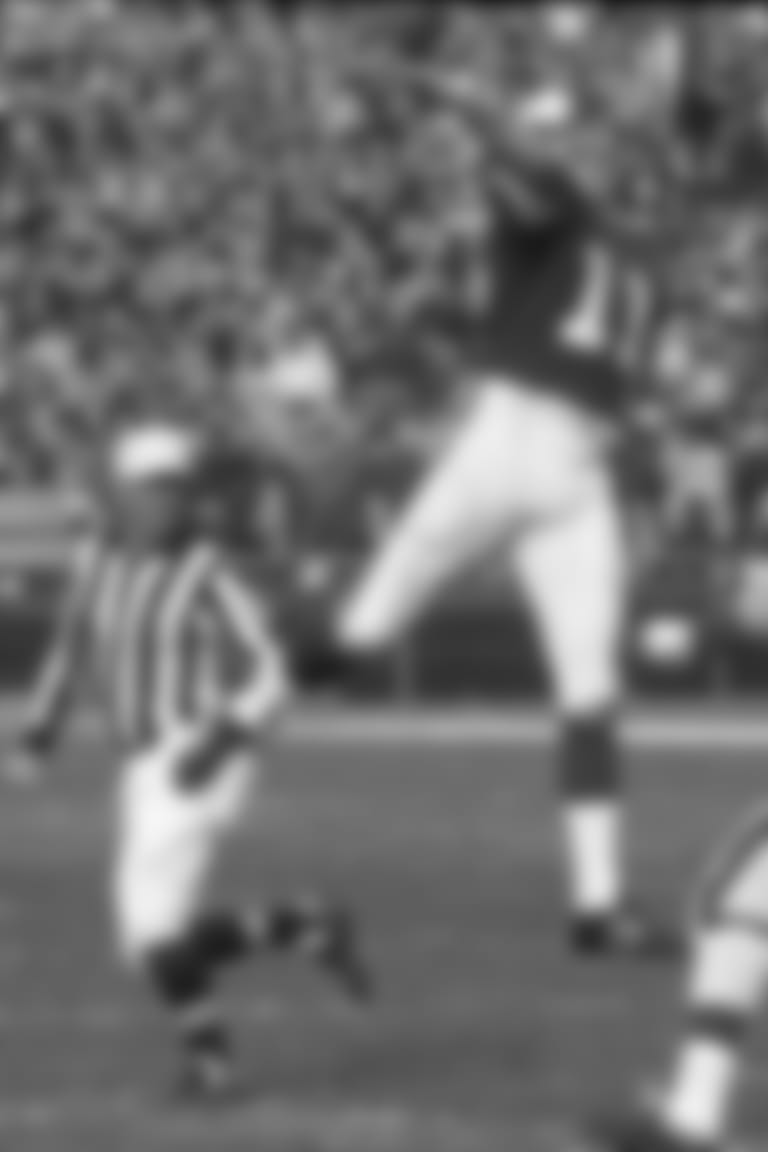
Kapp tied an NFL record with seven touchdown passes in Week 2 in a 52-14 thumping of the defending NFL Champion Baltimore Colts. The contributions Kapp made to the team with his heart trumped any by his arm.
Receiver John Henderson described him as a "true inspirational leader."
"Every play in the huddle, you make eye contact with him and could see the passion in his eyes and his desire to win and perform, to execute," Henderson said. "That inspired us as players to do the same. We didn't perhaps have the greatest talent on our team, but we had an attitude, and Joe had a lot to do with that. He was scrappy, he would give his body up, and if he could do it, we felt like we could do the same thing, so we played for each other."
Kapp famously turned down a team MVP award at a banquet, elevating the Vikings "40 [players] for 60 [minutes]" rallying cry.
Receiver Bob Grim noted that "40 for 60" may have made the Vikings the first football team with a "mission statement."
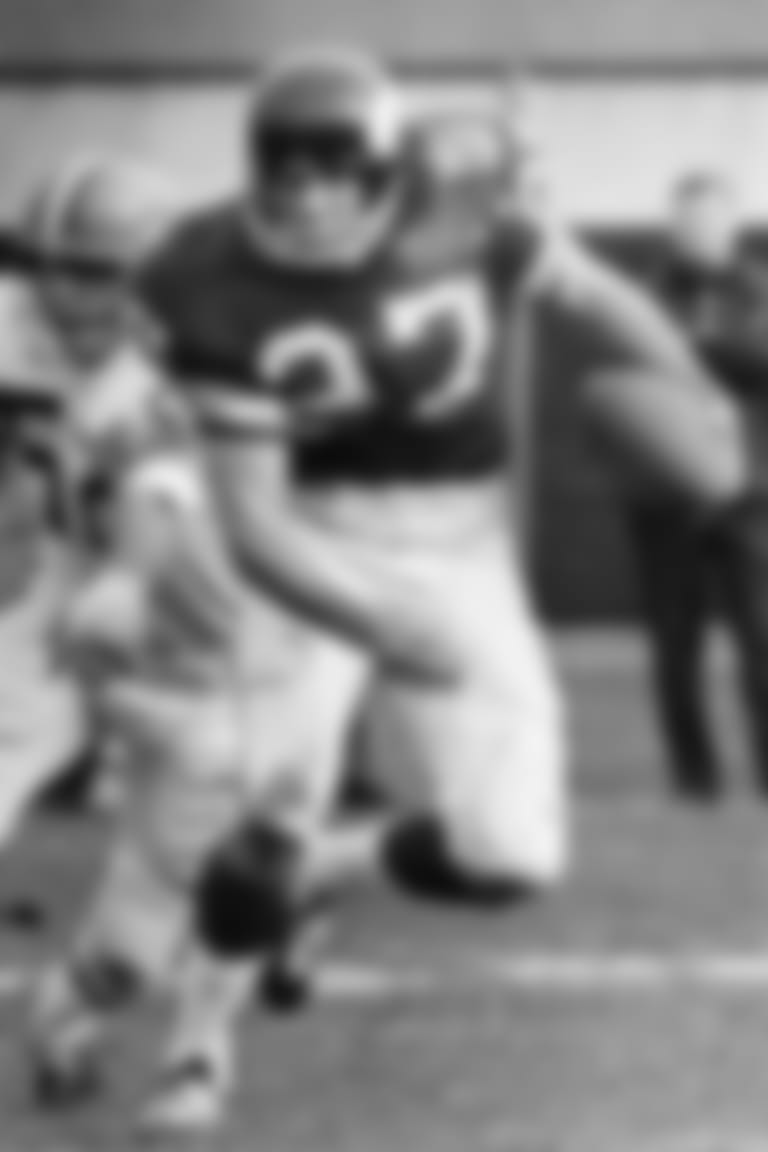
Backup quarterback and punter Bob Lee said Kapp's success was that he "didn't push himself in certain directions on other people."
"He led by example, good and bad, but he was a great leader, and we've been great friends for an awful long time," Lee said.
Kapp, when speaking to the crowd, again focused on team.
"I think it's very unique in a person's life when you can meet people that have a goal, whatever it is, and accomplish it," Kapp said.
Prevailing sentiment
A considerable amount of success by the 1969 Vikings — and the teams that followed during Minnesota's decade of dominance — can be attributed to the 1967 offseason.
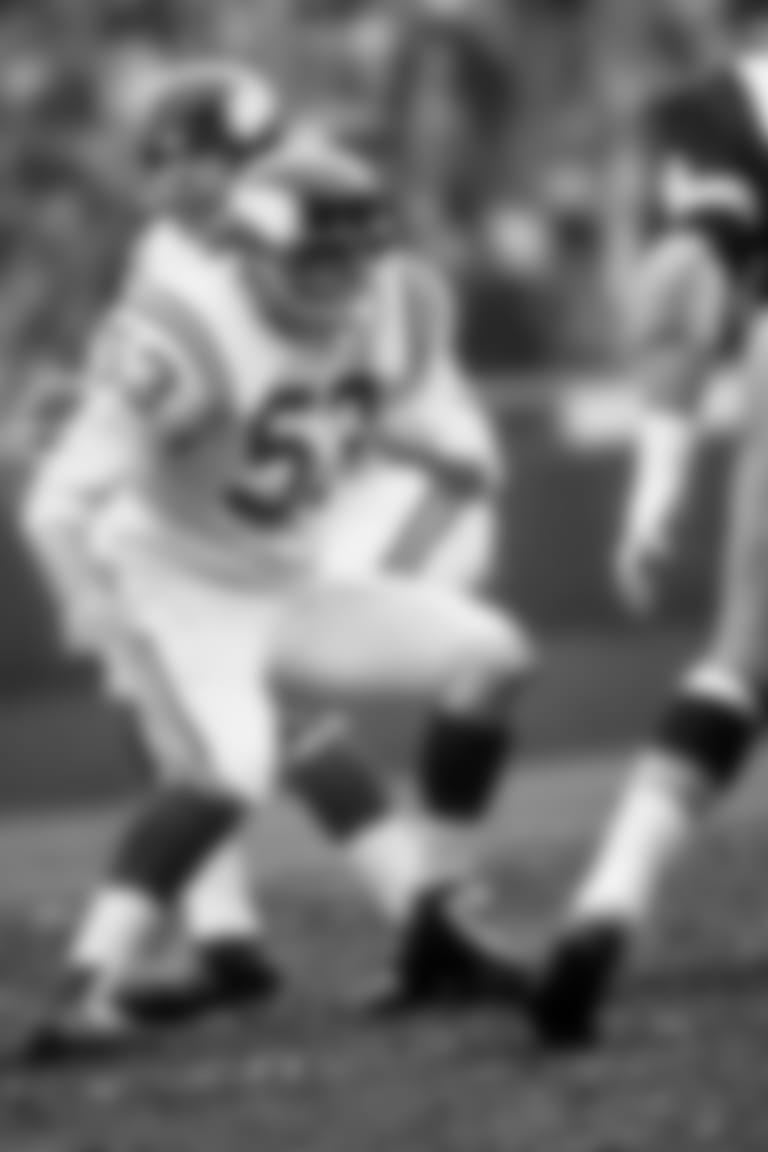
Minnesota hired Grant and brought in Kapp from the Canadian Football League, then capitalized on three first-round picks that led to the selection of Clinton Jones, Gene Washington and Alan Page in the first 15 selections. Grim was tabbed in the second round, and Bobby Bryant was a steal in the seventh, which is fitting since he nabbed 51 career interceptions.
Gary Larsen, a Minnesota native acquired by the Vikings in 1965, credited Grant for team building through his approach.
"Bud did a good job of making us get together and get close. I spent three years in the Marine Corps, and I think part of his philosophy was that of a drill instructor," Larsen said. "He never treated anybody unfairly. Everybody was treated alike, and sometimes being treated alike wasn't all that good, but it did cause you to come together as a group. If you were in a platoon of 75 men, and everybody was treated alike, all of a sudden, that group is one."

The devastation wrought by the original Purple People Eaters — Larsen, Page, Marshall and Carl Eller — landed the entire starting defensive line in the Pro Bowl, the first and only instance of such in NFL history.
"I still remember being down on the field, and the Coliseum announcer said, 'Now playing the defensive line for the NFC, the Purple People Eaters of Minnesota,' " Larsen recalled.
Bryant led the Vikings with eight interceptions that season, but he said it started up front with the defensive line and linebacker trio of Wally Hilgenberg, Warwick and Roy Winston.
"If a defensive back playing behind Jim and Carl and Gary and Alan couldn't get a lot of interceptions, he didn't deserve to be playing," Bryant said. "I didn't have to make a lot of tackles, either, with Lonnie and Roy Winston and Wally Hilgenberg. Those guys on the '69 team were as good as any in the league. You didn't want to run across the middle when Lonnie was playing middle linebacker because, back then, clotheslines were legal."

Nicknamed "Bones" because of his thin stature, Bryant figured out several "things you had to do to play" for Grant.
"He said, 'You don't have to be the biggest, you don't have to be the fastest. You better not be the dumbest, but you better be disciplined,' " Bryant said. "We learned what he meant because we had some years we were really good physically, but if they made too many mistakes, you would read that they were traded."
Tight end Kent Kramer, who played in San Francisco (1966) and New Orleans (1967), landed in Minnesota in 1969. He was with the Vikings two seasons before playing his final four with Philadelphia.
"I got to play in a couple of other places, but there was more unity and togetherness here than any other place, and that came from the organization, the coaches and our leaders," Kramer said.
Self-described "journeyman" safety Dale Hackbart said, "The time that I spent with the Vikings has been the best time of my life."
"It resurrected my confidence in my ability to perform," Hackbart said. "What made me perform was I had had so much bad luck on other teams, it was probably on me, and when I got to the Vikings, and then Bud Grant came along, I said to myself, 'I'm never going to let anyone down again, including myself.' "
Lamentations
The magical season and its aftermath have not been without lamentations.
The three regrets most frequently expressed were 1) not winning Super Bowl IV; 2) the contract dispute that kept Kapp from returning with the Vikings in 1970; and 3) Marshall has not yet been enshrined in the Pro Football Hall of Fame.
The Vikings staged a comeback victory over the Los Angeles Rams for a 23-20 win in the Western Conference Championship. Minnesota then defeated the Cleveland Browns 27-7 in the 1969 NFL Championship Game to advance to Super Bowl IV.
Goalpost
Kapp's grit was on full display against Cleveland. He rushed eight times for 57 yards, including a 7-yard touchdown that gave Minnesota an early lead and added a 75-yard touchdown pass to Washington, who became the first Viking to record more than 100 receiving yards in a playoff game.
Vikings Ring of Honor fullback Bill Brown, who passed away in November 2018, told Sid Hartman for the Jan. 5, 1970, Minneapolis Tribune that Kapp was a "gutty ball player."
"If he can't do it one way, he will find another way to get the job done," Brown told Hartman. "When Joe takes the ball and runs it the way he did against the Browns, it's just an inspiration to the rest of the backs."

The Vikings, however, faltered against the Chiefs the following week in New Orleans. Minnesota was outgained on the ground and committed five turnovers. Unable to work out a deal and take a shot at redemption, Kapp landed with the Boston Patriots. Two years later, the Vikings traded to reacquire Fran Tarkenton, who had been a third-round pick in 1961.
Marshall's time with the Vikings began in 1961 just days before the team's first season. Ask anyone on the roster whose guidance they valued the most, and Marshall is almost certain to be mentioned early in the response.
Not only did he play the entirety of Minnesota's first two decades, starting all 270 regular-season games and the first 19 postseason games in Vikings history (including four Super Bowls), but he shaped the dynamics of the locker room.

Marshall overcame sickness, soreness and even hospitalizations in setting an NFL record with 282 consecutive regular season games played and 277 starts that stood for decades. He set the NFL record for opponents' fumbles recovered with 29 (tied by Hall of Famer Jason Taylor) and recorded 127 career sacks. Even though Marshall was a significant player for one-fifth of the NFL's first 100 seasons, he has been overlooked for the Pro Football Hall of Fame.
Laughs
The Vikings Donut Club has become quite the tradition for the current Vikings, who gather in the athletic training room on the morning before games for a sweet treat and camaraderie.
The current group has almost a cult following on social media, as well as special T-shirts. Unbeknownst to most, they're actually connecting to the Vikings of yore.
Jones and White relayed humorous stories from their respective rookie seasons of 1967 and 1969 when they were tasked with providing donuts for teammates.
"I bought about 12 dozen donuts — donuts that I was raised on, day-old donuts. So I brought the donuts, and they said, 'What's this?' … They threw the donuts at me," Jones laughed.
White was the only rookie to make the squad two years later.
"It was expensive, but they were good donuts, so I didn't have any thrown back at me," White laughed.

Steve Smith, a versatile backup, also shared a humorous story of how Grant's emphasis on not fumbling stuck with him.
"We were playing the Bears at the Met, and they had just scored a touchdown. It was near the end of the game, and they were going to do an onside kick. I was on all of the special teams. The kicker kicks it, and it comes right to me. I've got the ball in my arms, and there's all kinds of daylight, 'Man, I'm gonna go.'
"I started running and I felt someone tugging at the ball," Smith continued. "The very first thing that came to my mind was, 'Whatever you do, don't fumble. Get on the ground now.' I rolled over and I'm on my back, and I've still got the ball. It's Dick Butkus, facemask-to-facemask, foam coming out of his mouth. He was swearing at me and telling me I was some sort of a punk that should have fumbled. 'What can I tell you, there's a greater power than you.' "
Lasting Legacy
On the eve of Super Bowl IV, Kapp told Hartman:
If we lose this one, everything we've accomplished will be forgotten.
While the ultimate goal of that team still remains for the Vikings, the success of the 1969 team and the era it brought forth are remembered and celebrated.
It set the stage for a dominant run in the '70s that included eight NFC Central Division titles and three more appearances in the Super Bowl, the last of which was against the Raiders 43 years ago.
At halftime of Minnesota's win over Oakland this past September, Grant delivered comments as he was joined on stage by all of the attendees from the night before along with Oscar Reed, Milt Sunde and Fred Cox, who has since passed away.
The program also included posthumous recognitions of Karl Kassulke, Paul Dickson, Jim Vellone, Earsell Mackbee, Tom Hall, Wally Hilgenberg, Grady Alderman, Ed Sharockman and Bill Brown; coaches John Michels, Bus Mertes, Jack Patera and Bob Hollway; original equipment manager Jim "Stubby" Eason and original athletic trainer Fred Zamberletti.
The attendees from the 1969 team were part of more than 100 Vikings Legends who reconnected.
"When you're looking back, everything is in the blink of an eye," Grim said. "When it's out in front of you, it's a different situation."






